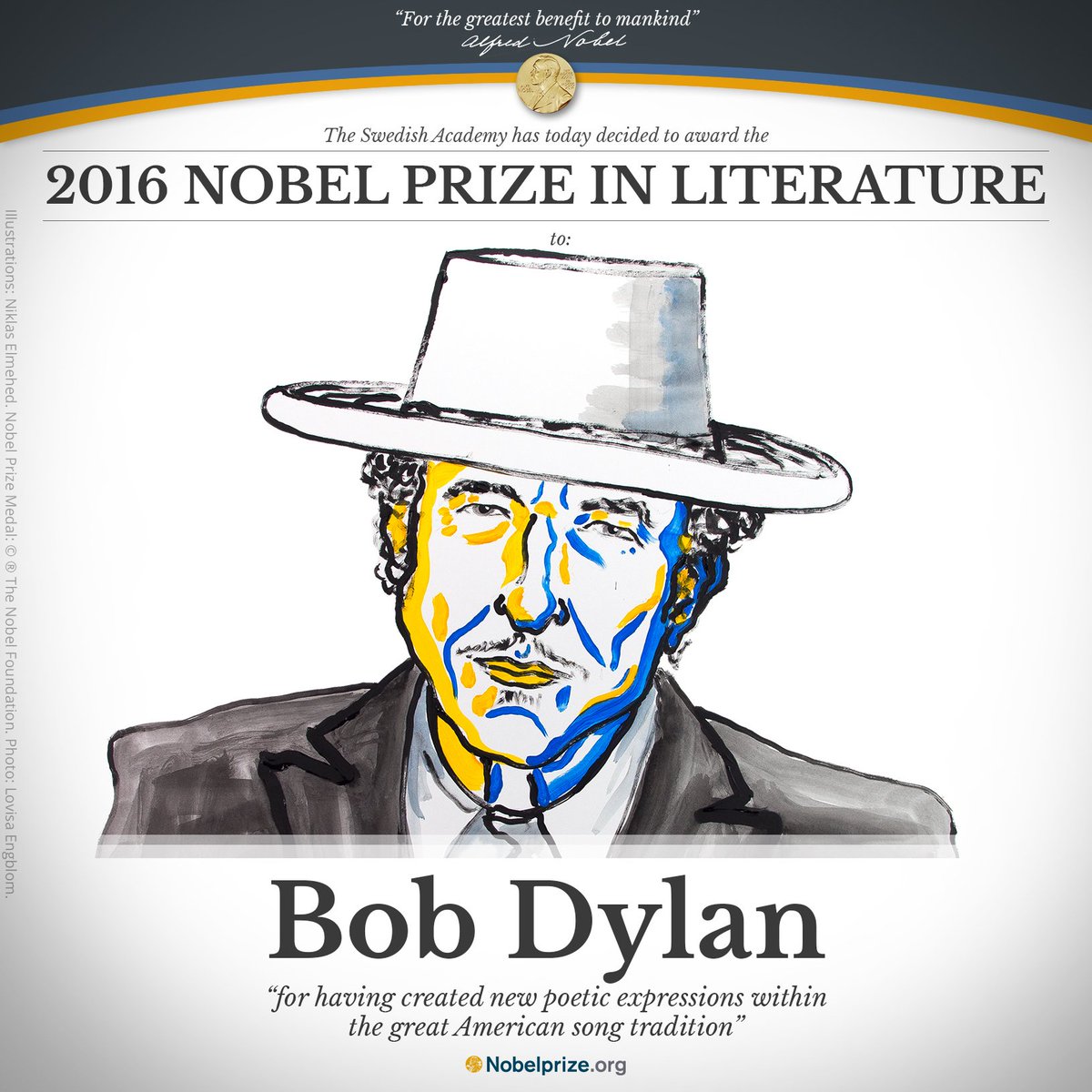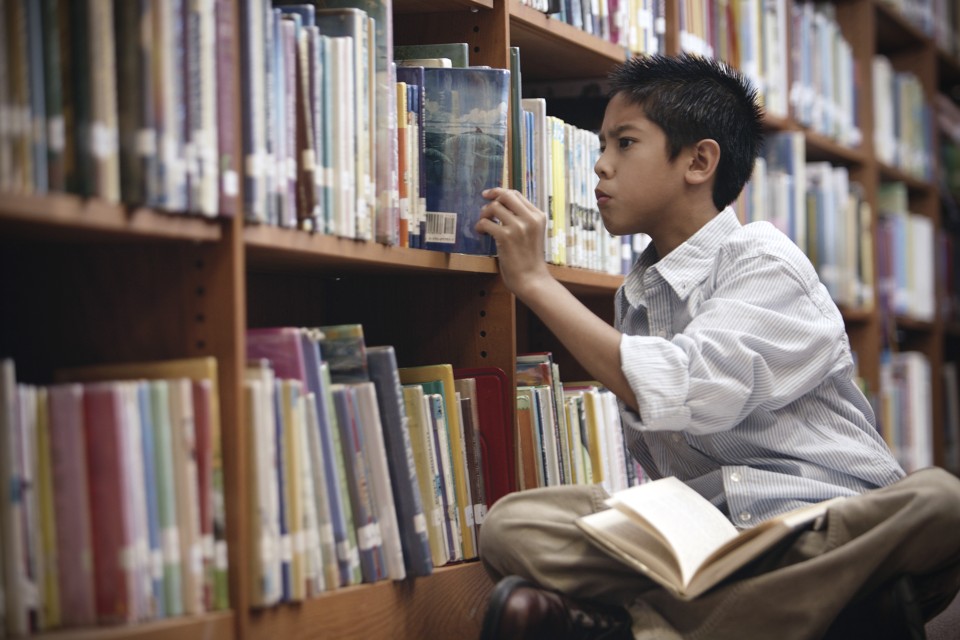 |
Bob Dylan performs in Chicago in 1978. He is the first
American to claim the Nobel Prize in Literature since Toni Morrison won
in 1993.
Paul Natkin/Getty Images
|
Bob Dylan
has won the 2016 Nobel Prize in Literature. In doing so, the prolific
musician became the first American to win the prize in more than two
decades. Not since novelist Toni Morrison won in 1993 has an American
claimed the prize.
Dylan won the prize "for having created new
poetic expressions within the great American song tradition," according
to the citation by the Swedish Academy, the committee that annually
decides the recipient of the Nobel Prize. The academy's permanent
secretary, Sara Danius, announced the news Thursday.
The win comes as something of a shock. As usual, the Swedish
Academy did not announce a shortlist of nominees, leaving the betting
markets to their best guesses. And while Dylan has enjoyed perennial
favor as an outside shot for the award, few expected that the musician
would be the first to break the Americans' long dry spell — not least
because he made his career foremost on the stage, not the printed page.
Read more....


